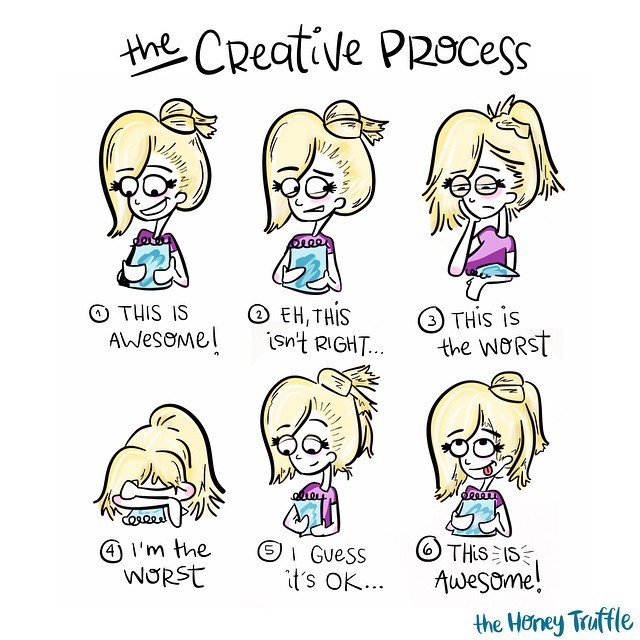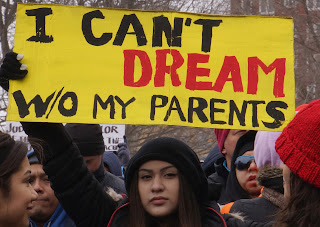This is the first in a series of three year's end blog posts, in which I "practice what I preach" - going back over the year in a tender, curious way, exploring with forms like six word stories/memoirs, looking for key words in retrospect, getting a felt sense of the year that is ending.
Look for the next two in the next two weeks.
If these practices pique your interest, consider taking
Return: Setting New Year's Intentions That Work class with me.
As is always the case in classes, where I wrote these, these pieces are written spontaneously and without editing. So please keep that in mind as you read.
I don’t know; that is okay
The same memoir, six different titles
Life and memoir in constant revision
Finding where I am triggered; everywhere
Family cabin finally sold; golden relief
So. I guess I really can!
Letting go of what seems known
Facing whiteness in my sangha, myself
Too much travel, even with cancellations
My body loves exercise - who knew?
Accountability in body, food, finances, love
Graduating from program no one knows
Signing up impulsively; sitting around forever
A reckoning, maybe, this year – that could be my looking
back word for the year – my intention was to connect, and in order to do that,
I had to reckon. Both in the simplest cowboy sense of familiarity (“I reckon!”)
and in the intense, super powerful, coming home to roost sense.
Or value could be my looking back word: Value wound up being
so much a part of this year: connecting with my values, and with what I value,
connecting my values with what I do, enacting values, valuing my time, body,
money, and more.
The more accurate word though I think is potency - discovering
how rich I am, how much not just power, but effect I have on people. Owning
that, noting that, gauging that: me and my sharpness, my softness, my every way
I manifestness: like a potion that can poison or empower.
Potency yes more so than value is my looking back word. It
feels linked to me also to the wrong kinds of richness: too many books, too
much travel, too much fat intake, which makes my IBS flare up. Not just what I
give out, but also what I take in, needs moderation, titrating.
“Do more dharma,” one student said.
Teaching a week
intensive is intense
Collaborating again
brings up unhealed wounds
What other tools for
trauma needed?
Compassionate
exchange: my perfect practice form
Combining all I teach
into one
Herspiral Arts:
Nurture Your Creative Nature
Dedicating the merit
to all beings
Where there is a will,
loss
So many things feel incomplete, not neat and tidy at this
years’ end. And yet, why pretend otherwise? My own memoir and many others are
in messy but forward progress. The deep need to coach one-on-one and grow my week-to-week
online offerings have allowed my wisdom to specialize, to connect between things
I’ve never connected to each other before.
So much inspiration and possibility ahead
Traveling less I am
at home




























